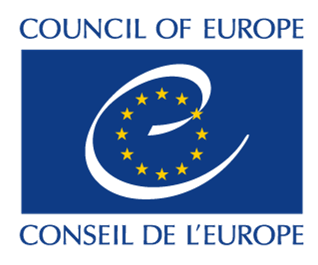Project description

Strasbourg, 13 May 2009 LHRCB/NHRS(2009)4
Joint European Union – Council of Europe Programme
Setting up an active network of independent non-judicial human rights structures
Objective of the programme
Co-financed by the Council of Europe and the European Union the Project (referred to as “The Peer-to-Peer Project”) consists of a work programme to be implemented by the Council of Europe in 2008 and 2009. It aims at setting up an active network of independent non-judicial National Human Rights Structures (NHRS) compliant with the Paris Principles, with special focus on non EU member States. The Peer-to-Peer Project seeks to enable national structures to improve their performances in terms of:
- raising human rights awareness in their countries;
- detecting potential or existing human rights problems;
- proceeding to efficient investigations were this is in their mandate;
- engaging in constructive dialogue with the authorities to avert or solve problems of human rights protection;
- triggering rapid mobilisation of international partners if necessary.
The project also intends to support the setting-up of new NHRS at national, regional or local level, where they do not exist.
Activities
The main tool of the programme is the organisation of workshops for small groups of practitioners from the NHRS to convey select information on the legal norms governing priority areas of NHRS action and to proceed to a peer review of relevant practices used or envisaged throughout Europe. Debriefing papers in several languages are prepared after each workshop for dissemination amongst NHRS and other relevant actors. The choice of the themes for the workshops takes due account of priorities indicated by the NHRS.
In the first year, five workshops and one round table were organised in Italy, Russia and Hungary, in partnership with the “Centre on Human Rights and the Rights of Peoples” of the University of Padua, and the St Petersburg Humanitarian and Political Science “Strategy” Centre in St Petersburg.
Annual steering committee meetings of NHRS Contact Persons are organised to evaluate the past project activities and design the future ones.
The project also provides a forum to enhance the system of information sharing between NHRSs in dealing with specific cases, with a particular focus on good practices. To this end a mailing list and a web page have been developed.
Missions are also organised to countries where interest in setting up a NHRS is expressed, in coordination with other International Organisations and with the participation of existing national structures.
Target groups
The main target of the workshops are specialised staff members of the NHRSs. For each workshop, depending on the topic, the Contact Persons within the NHRSs identify the specialised staff member(s) who would like to participate in the activity.
Accommodation and catering are covered by the Project for all participants. As the Joint Project with the European Commission targets more specifically the NHRSs of Council of Europe member States which are not members of the European Union (especially Albania, Armenia, Azerbaijan, Bosnia & Herzegovina, Croatia, Georgia, Moldova, Montenegro, the Russian Federation, Serbia, “The former Yugoslav Republic of Macedonia”, Turkey, Ukraine) the travel expenses of the specialised staff members from the NHRSs from these countries are borne by the project.
A contribution from the German Ministry of Foreign Affairs allows to cover, as from June 2009, also the expenses of the other participants. As a result, all participants have now their travel expenses, accomodation and catering paid for or reimbursed by the organisers

